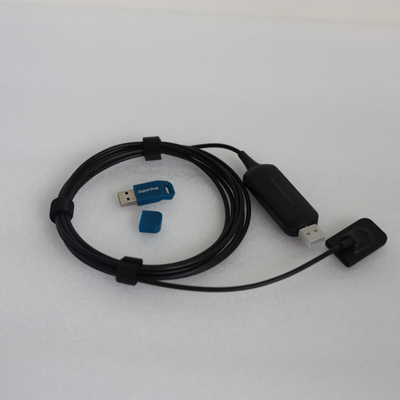The role of dental sensors in modern dentistry cannot be underestimated. Dental sensors have revolutionized the world of dentistry by providing accurate and efficient imaging and diagnosis of dental conditions. Dental sensors are specialized electronic devices that capture digital images of patients’ teeth, soft tissue, and jawbone structure. The images produced by dental sensors play a crucial role in the diagnosis and treatment of various dental conditions
The most significant advantage of dental sensors is their ability to provide clear and highly detailed images of the patient’s mouth in real-time. Unlike traditional X-ray machines, which were cumbersome and took a significant amount of time to produce an image, dental sensors are small and provide immediate results. The real-time images help the dentist make accurate and informed decisions about patient diagnosis and treatment plans.
Dental sensors are also essential in helping dentists identify the early signs of dental problems such as cavities, gum disease, cracked teeth, and other dental abnormalities. The images produced by the dental sensors allow the dentist to detect these issues before they progress and become more severe. Early detection of dental problems leads to early treatment, which is crucial in preventing significant damage and saving natural teeth.
Furthermore, dental sensors have contributed significantly to the reduction of radiation exposure during dental examinations. Unlike traditional X-ray machines that used photographic films that required high radiation doses to capture an image, dental sensors use digital imaging technology that requires significantly lower doses of radiation. As a result, patients are exposed to less radiation, which makes dental visits safer, more comfortable, and less daunting.
Additionally, dental sensors are versatile. They can be used for a wide range of dental procedures, including root canals, orthodontic treatment, dental implants, and other dental surgeries. With dental sensors, dentists can accurately evaluate the tissues and structures surrounding the teeth and jawbone, providing better outcomes for the patient.
In conclusion, the role of dental sensors in modern dentistry cannot be overstated. They play a crucial role in ensuring the accurate and efficient diagnosis and treatment of dental conditions. From early detection of dental problems to faster treatment and safer radiation exposure, dental sensors are invaluable tools in the modern dental practice. As technology advances, dental sensors will continue to play an increasingly critical role in the maintenance of good oral health.
Post time: May-17-2023


